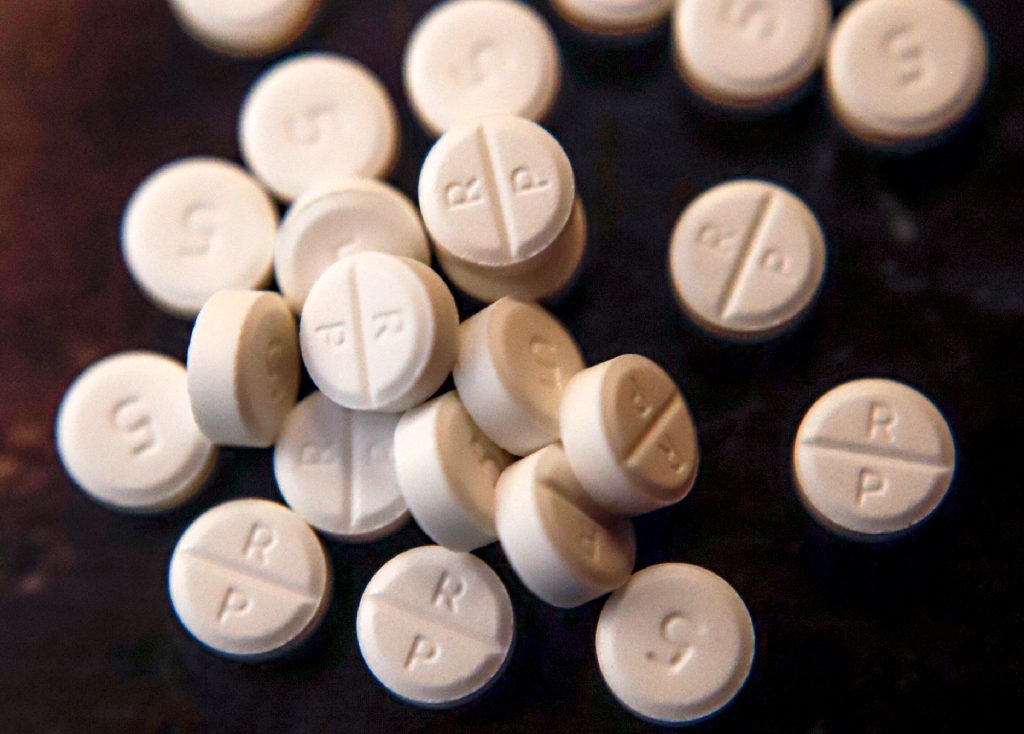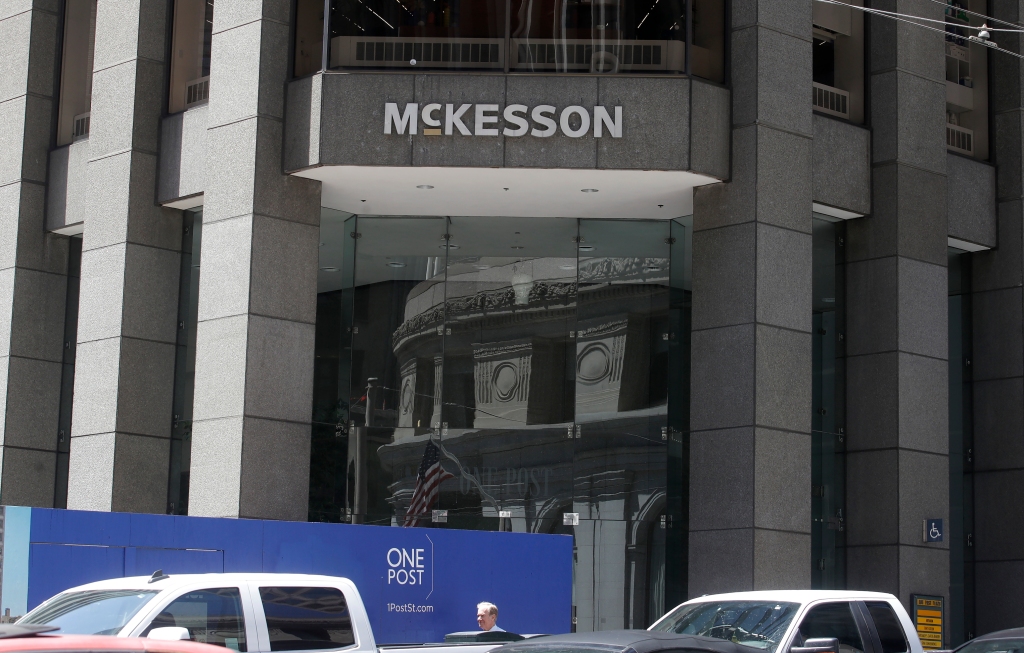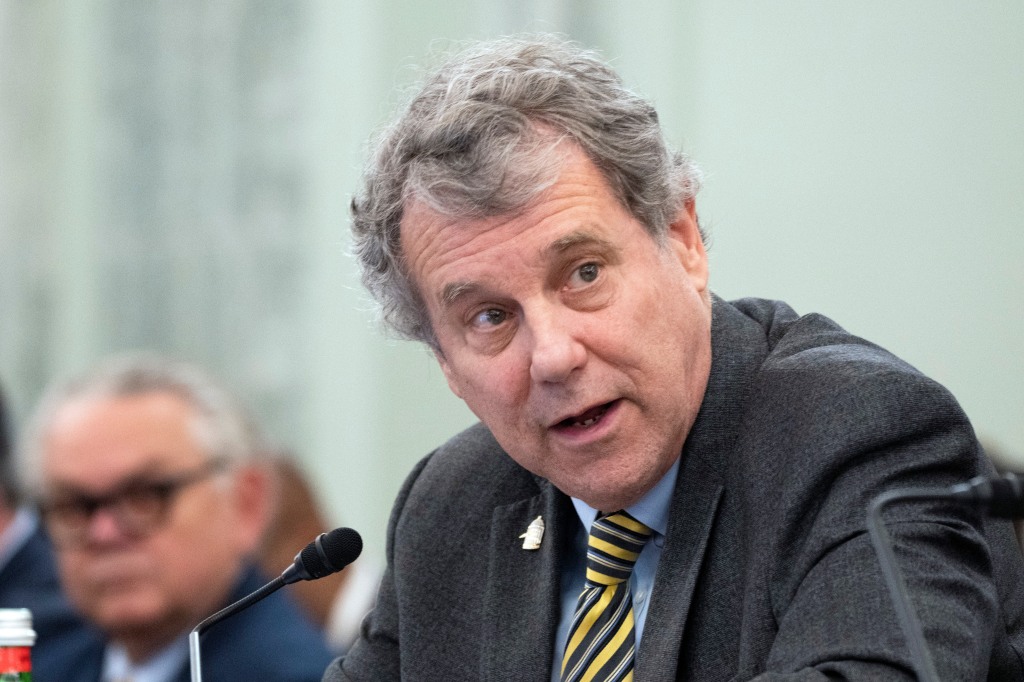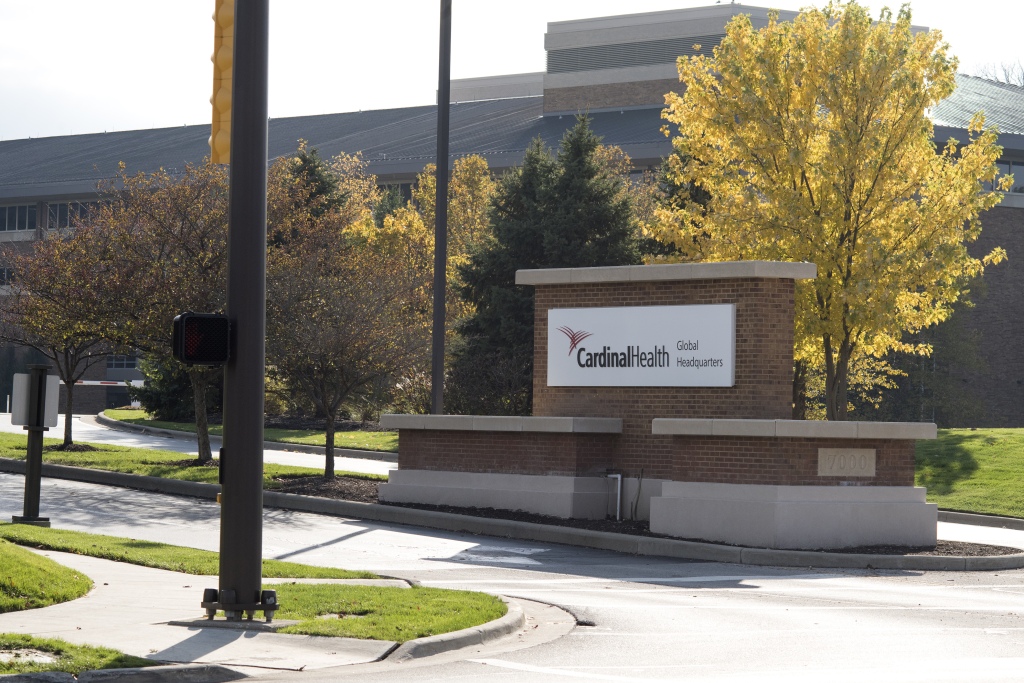Ohio Democratic senator took $243K from opioid giants: FEC
Sen. Sherrod Brown (D-Ohio), whose home state is among those hardest-hit by the opioid epidemic, has taken nearly a quarter-million dollars from pharmaceutical distributors once called “giants at the heart” of the crisis.
Cardinal Health, McKesson and AmerisourceBergen have given a total of $237,125 to Brown’s political campaigns — through various corporate PACs, employees and lobbyists — since the early 2000s.
The companies run more than 90% of the nation’s drug and medical supply chain and have been accused of allowing for the proliferation and abuse of prescription opioids.
The companies failed for more than a decade to track suspicious orders or increases in opioid use among purchasers, despite likely criminal activity from some physicians in overprescribing the drugs.
Since 2003, Brown has raked in $143,000 from the companies through his campaign and leadership PACs, according to Federal Election Commission filings — including $85,000 from Cardinal Health, $56,500 from AmerisourceBergen and $1,500 from McKesson.
He took another $54,100 from lobbyists for the distributors during his time in Congress, the filings show, and employees at the companies shelled out $40,025 more.
As recently as last year, Brown was accepting donations through the companies’ political action committees, though he pledged in 2019 to forgo corporate PAC donations if he ran for president. He has since accepted more than $1 million in corporate PAC money.
The Ohio Democrat also took in close to the $5,600 maximum amount in individual contributions from one of McKesson’s lobbyists in both 2020 and 2021.


Brown, 70, has served in the US Senate since 2007 and is running for a fourth term next year. He also served in the US House of Representatives from 1993 to 2007.
“No one has done more to fight the opioid crisis in Ohio than Sherrod Brown – holding drug companies accountable and getting Ohioans the care and treatment they need,” campaign manager Rachel Petri told The Post Friday.
Ohio had the fifth-highest drug overdose rate of any US state in 2021, according to the most recent data from the Centers for Disease Control and Prevention.
More than 106,000 Americans died from a drug overdose in the same year, with 16,706 perishing due to prescription opioids, according to the National Institutes of Health.

Cardinal Health, McKesson and AmerisourceBergen have been at the center of a political firestorm for their lackluster response to the opioid crisis — with New York Attorney General Letitia James claiming the companies had “jammed open the floodgates” to an alarming rise in prescription drug-related deaths.
The companies endured a series of state-level lawsuits, and the leaders of McKesson and AmerisourceBergen expressed regret about their role in the crisis before Congress in 2018.
In January 2017, the Drug Enforcement Administration won the largest settlement in its history, forcing McKesson to pay a $150 million penalty for violating federal law in distributing controlled substances.
Brown has been outspoken about his concern for the opioid epidemic, saying in late 2017 that it was “one of biggest public health emergencies in my lifetime [and] all too often addiction starts in [the] medicine cabinet.”

He is expected to face off against Republican state Sen. Matt Dolan or Cleveland businessman Bernie Moreno in 2024.
On Wednesday, Brown also came clean about having flouted state tax rules for two homes that he owns in Ohio and being labeled delinquent by his county of residence for missing several other tax payments.
Read the full article Here


